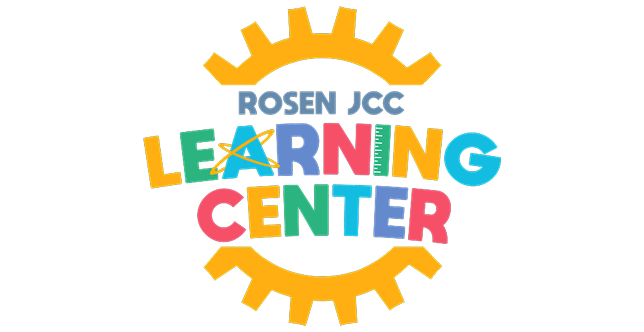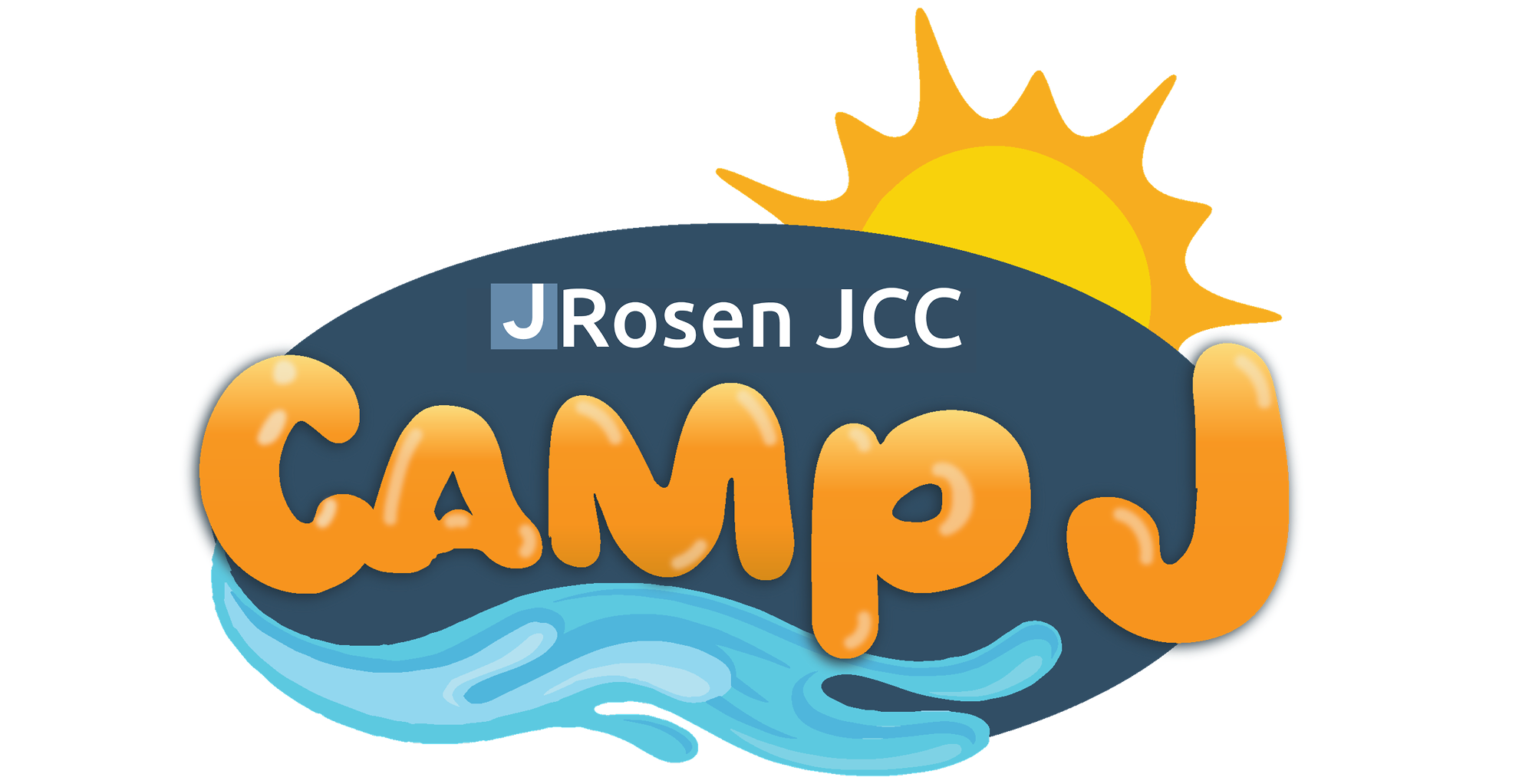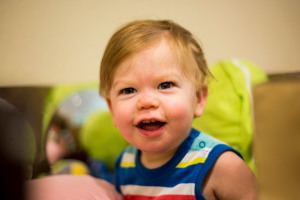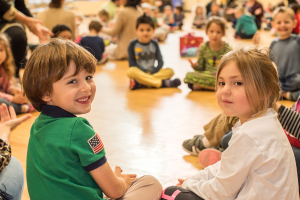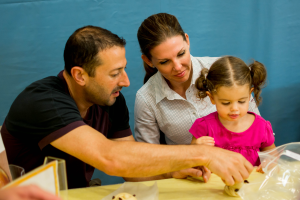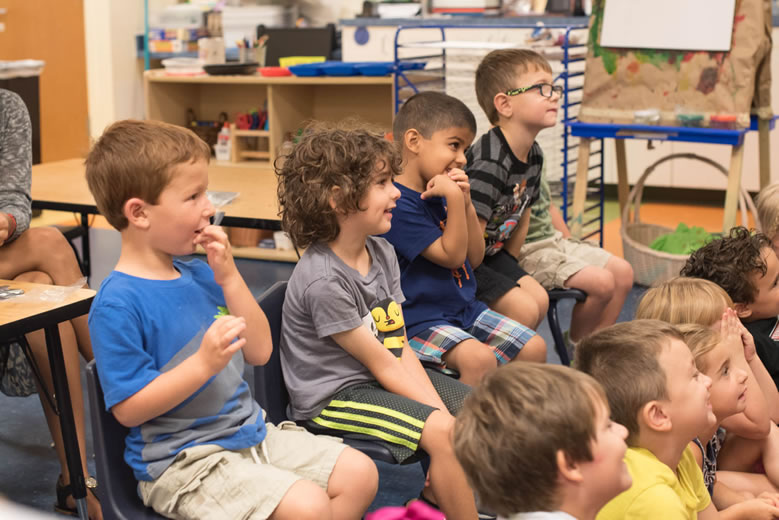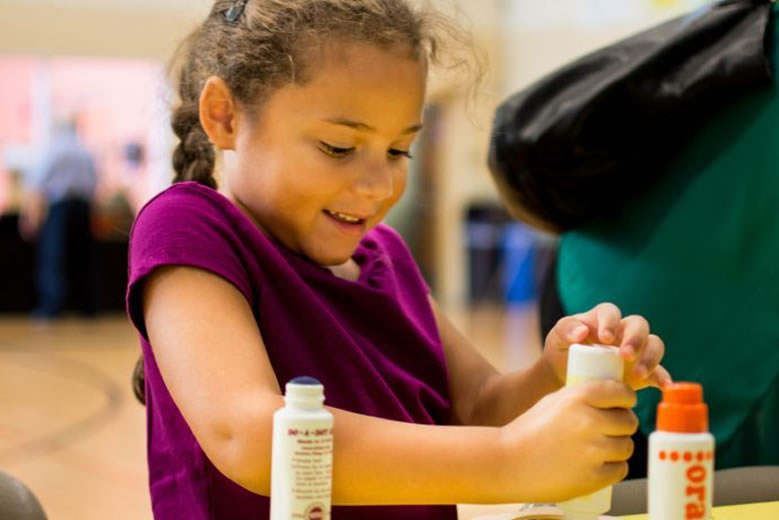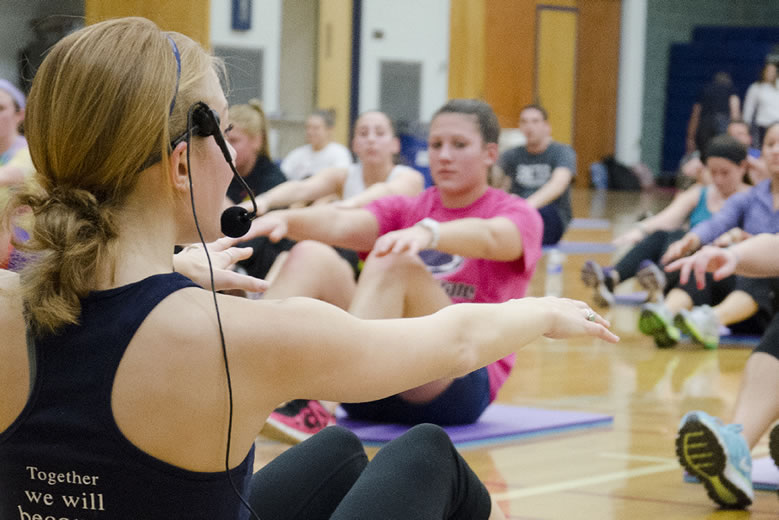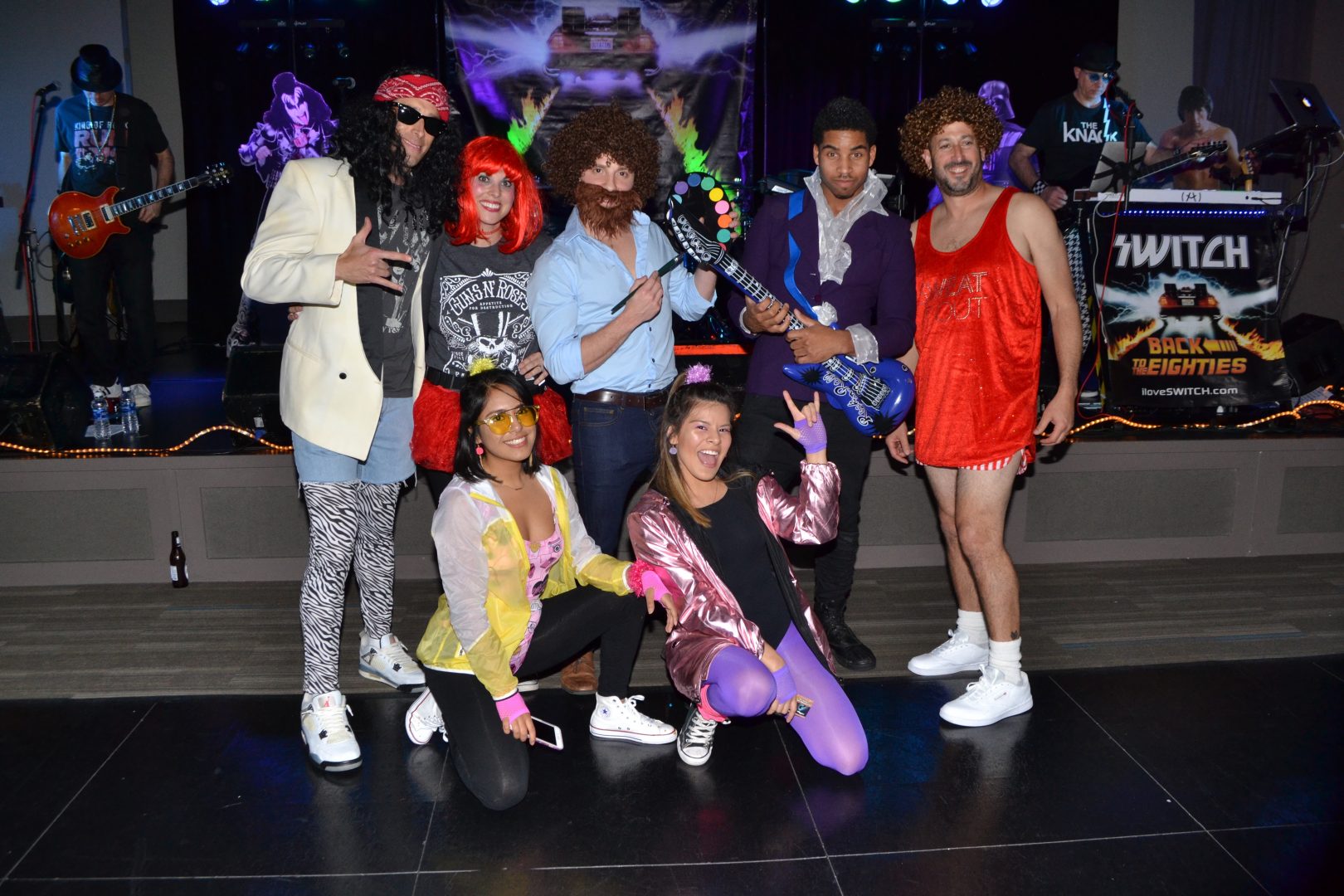About Our School
The Early Childhood Learning Center’s mission is to guide children in their development of social, emotional, academic, creative, cultural and physical skills so that they embrace a love of learning. We strive to be the best preschool in Southwest Orlando!
Curriculum
Our school uses the HighScope Approach to early childhood education. We believe that best way to get children interested in what they are learning is to make the learning ACTIVE! Here are the key ingredients for active learning. For more information, please visit the HighScope Approach:
1. Materials
The materials can be used in many ways, and are open-ended. The materials include natural and found materials, practical objects, large and small objects. In order to really understand the materials, the children will need time and space to use them.
2. Manipulation
The activity should use as many senses as possible. The children should have the opportunity to combine and transform materials.
3. Choice
The children should have the opportunity to participate in activities that grow from their personal interests. (The children will WANT to participate, if they are interested in what they are being exposed to in the classroom.)
4. Language From the Children
The children should be able to describe what they are doing, so they can realize that they are indeed learning. They should be given the opportunity to talk about their experiences.
5. Support From Adults
The adults should use adult-child interaction strategies and form partnerships with the children. The adults should help the children understand where they are developmentally. They should also use the materials that the children are using in the same way, and ask the children about their intentions with the material.
Areas of Content
Approaches to Learning
1. Initiative
2. Planning
3. Engagement
4. Problem solving
5. Use of resources
6. Reflection
Social and Emotional Development
7. Self-identity 8. Self-competence
9. Emotions
10. Empathy 11. Community
12. Building relationships
13. Cooperative play
14. Moral development
15. Conflict resolution
Physical Development and Health
16. Gross-motor skills
17. Fine-motor skills
18. Body awareness
19. Personal care
20. Healthy behavior
Language, Literacy, and Communication
21. Comprehension
22. Speaking
23. Vocabulary
24. Phonological awareness
25. Alphabetic knowledge
26. Reading
27. Concepts about print
28. Book knowledge
29. Writing
30. English language learning
Mathematics
31. Number words and symbols
32. Counting
33. Part-whole relationships
34. Shapes
35. Spatial awareness
36. Measuring
37. Unit
38. Pattern
39. Data analysis
Creative Arts
40. Art
41. Music
42. Movement
43. Pretend play
44. Appreciating the arts
Science and Technology
45. Observing
46. Classifying
47. Experimenting
48. Predicting
49. Drawing conclusions
50. Communicating ideas
51. Natural and physical world
52. Tools and technology
Social Studies:
53. Diversity
54. Community roles
55. Decision making
56. Geography
57. History
58. Ecology

